Estimated reading time 5 minutes, 58 seconds.
Editor’s note: Ahead of International Women’s Day on Sunday, March 8, we are featuring this article by Claire Lemiski, a captain on the Dash 8-400 with Toronto-based Porter Airlines. She also serves on the board of directors of the Northern Lights Aero Foundation, and is passionate about providing mentorship and encouragement to new and aspiring pilots.
“There has never been a better time to be a pilot.”
You have likely heard this statement recently. Aviation is booming and pilots are in high demand. This has paved the way for new initiatives aimed at recruitment and mentorship to attract more people to the industry.
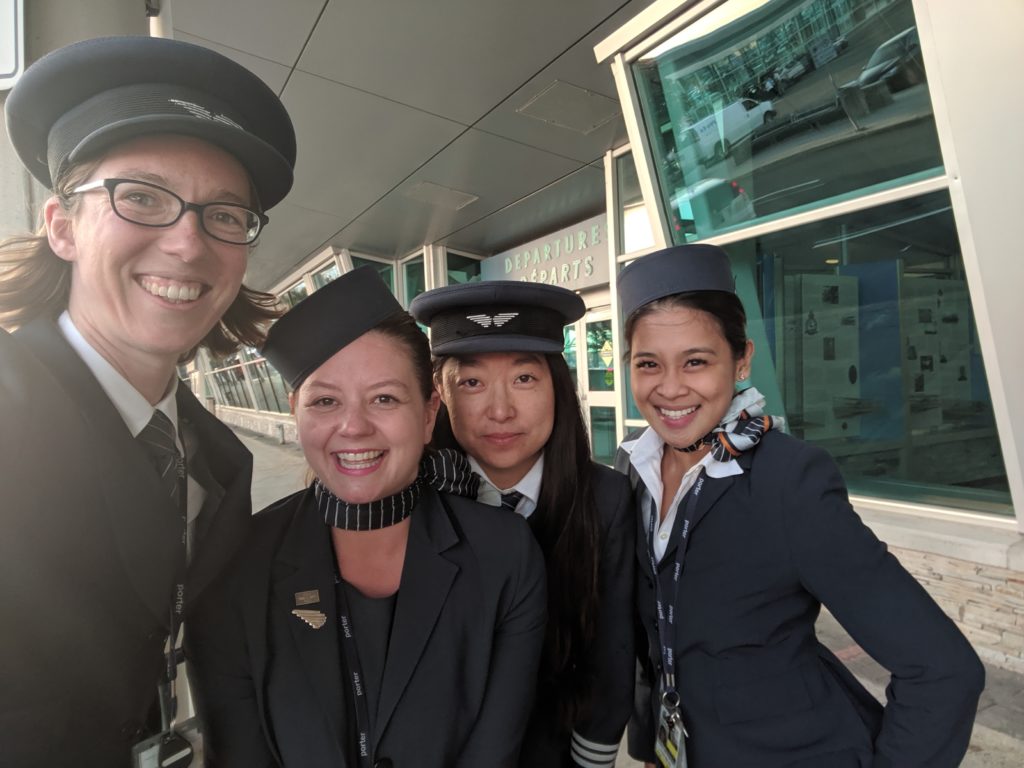
At a recent event for the Northern Lights Mentorship Program, sponsored by Porter Airlines, I had the opportunity to connect with women at all different stages of their careers. Whether they were seasoned veterans, applying for their first job, or still imagining the direction aviation will take them, they were eager to share their stories and learn from others.
The aviation industry is moving quickly. For those pursuing a career as a pilot, the time between flight school and a job at a regional airline is shorter than ever. The same is true for transitioning from the right seat over to the left. As a result, I regularly find myself in conversation with first officers who are anticipating an upgrade to captain.
There is a lot to consider when preparing for an upgrade: aircraft systems, emergency drills, operational requirements, legal responsibilities, leadership and communication (even how to make a good passenger announcement). I encourage my colleagues to speak with as many captains as possible to ask their advice and learn from their experiences.
I still remember some of the wisdom that was shared with me when I was at this pivotal stage in my career: “Remember all the good things about the captains that you’ve flown with … and leave all the bad behind.” Another reminded me, “It’s not about being well-liked, but being well-respected.” And another, “If you can’t do it safely, don’t do it.”
My interview for captain consisted of one question: “What kind of captain do you want to be?”
For me, the answer starts with trust.
As a captain, I want my crew to trust that I will make the best decisions possible given the information available. I want them to trust that I have their backs and will support them to the best of my ability. My passengers need to trust that I will get them to their destinations safely. And when things aren’t going as planned due to weather or other delays, they can trust that I will keep them informed.
What about my other team members such as ramp agents, customer service representatives, and dispatchers? I want them to trust that I will do my part in contributing to a safe and productive operation. My managers need to trust that I will be accountable for my actions and will make informed decisions with respect to our company’s commitment to safety, reliability, and service.
I am not trusted simply because I have four bars on my shoulders. Someone much wiser than me said that trust is something that can take years to build and only seconds to destroy. So how does one establish trust?
I started by considering such things as competence, knowledge, and good hands-and-feet flying skills. I have learned though, that in many respects, flying is actually the easy part! While knowing how to handle the aircraft is important, understanding how to solve problems when unexpected situations arise is equally as important. Things do not always go as planned and how we respond is critical.
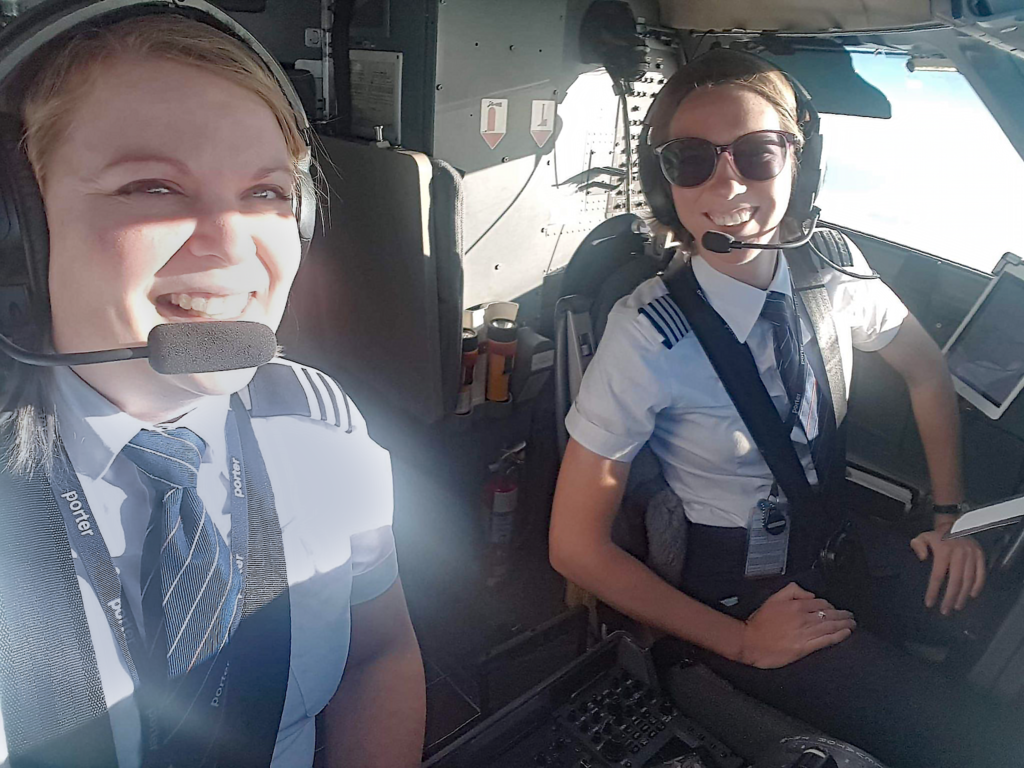
Trust is not built in isolation. Rather, it is cultivated when we learn from our mistakes and share our experiences with others. We build trust when we show empathy, communicate openly and honestly, and work together towards win-win solutions. We build trust when we do the right thing, even when no one is watching.
I have been a Dash 8-400 captain for two years now and I continue to ask myself, “What kind of captain do you want to be?”
My response evolves, as do the responsibilities of my role. Recently, mentoring others has become a more integral part of my position. Leading up to International Women’s Day, I reflect upon all those who have inspired and mentored me. I am thankful for those who have taught me about trust and have placed their trust in me.
Whether you are at the beginning of your aviation career, or only a few months from retirement, I encourage you to think about how you might answer a similar question.




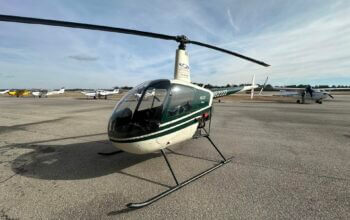
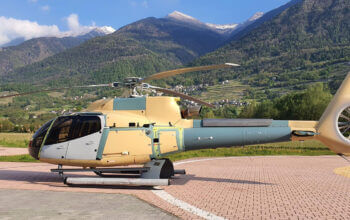

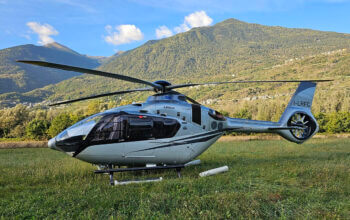

Fantastic article, I agree whole heartedly.
Cam S
TMA DHC6 Captain